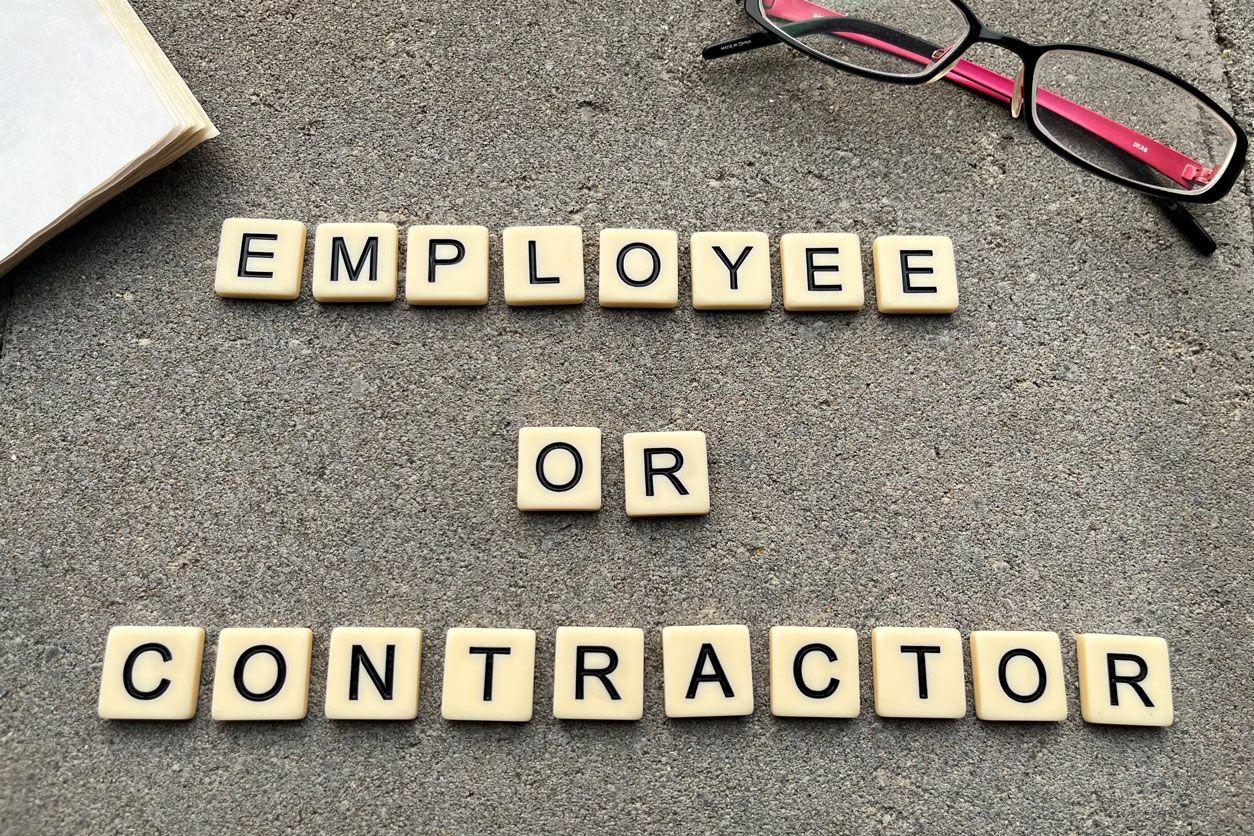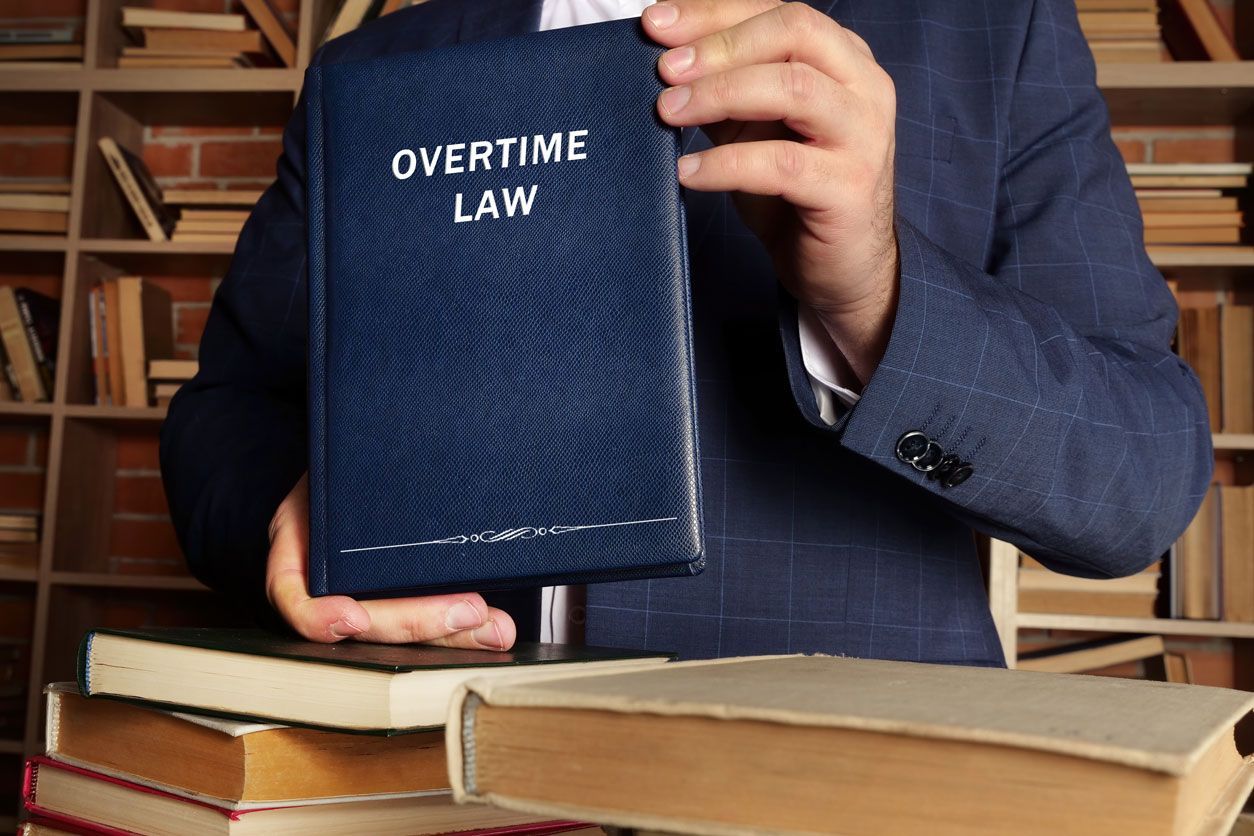Can You Sue for Wage Theft in California?

What Legal Rights Do California Employees Have When Being Paid Late?
For workers in California, payday is not a routine, it's a legal obligation. If your employer often misses a payday or delays your wages without a good reason, you can take legal action.
So, can you sue if your employer hasn’t been paying on payday? In short, yes: you can sue your employer for not paying you on payday. California labor law protects employees' rights to get paid on time. Employers who break these rules can face damages, penalties, and interest.
Understanding Your Right to Timely Pay
California Labor Code Section 204 requires employers to pay most employees at least twice a month. Employers must set the payment dates in advance. The employer must pay wages earned from the 1st to the 15th by the 26th. The company must pay wages earned from the 16th to the end of the month by the 10th of the next month. For weekly, biweekly, and semi-monthly pay schedules, payments are due seven days after the end of the pay period.
Final paychecks also have strict requirements. If you quit with at least 72 hours’ notice, or are terminated, your employer must give you your final paycheck on your last day of work. Failure to do so can result in penalties.
This is paragraph text. Click it or hit the Manage Text button to change the font, color, size, format, and more. To set up site-wide paragraph and title styles, go to Site Theme.
Why Late Payments Are a Big Deal
Late or missed paychecks don’t just create financial stress, they’re a violation of your rights. When employers don’t pay wages on time, budgeting becomes tough. You might struggle to pay rent and bills. This makes it hard to plan for your future, and the law takes this seriously.
If your employer hasn’t paid you on payday, they may be subject to penalties, including:
- Waiting time penalties: If your employer fails to pay you on time when they terminate you, you may receive up to 30 days of extra wages.
- If your employer violated minimum wage laws, you’re eligible to receive interest on your unpaid wages.
- Civil penalties: The Labor Commissioner can fine your employer for each late payment, especially if the violation continues or impacts many workers.
But missing a payday isn't the only way wage theft may occur. Tactics like misclassifying employees, manipulating hours, and making them work "off the clock" without pay are common forms of wage theft.
What You Can Do if Your Employer Hasn’t Paid You
If your employer misses a payday, here are your options:
- Document Everything: Keep a record of your hours, pay periods, and talk with your boss about your missing paycheck.
- If you have timecards, emails, or text messages, save them. This documentation will help your claim if you file a complaint or take legal action.
- Talk to Your Employer: Late payments can happen due to mistakes or banking problems. Letting your employer know about the issue politely could lead to a quick fix. But if delays continue or you feel your concerns are being ignored, escalate the matter.
- Consider Legal Action: You can sue your employer in civil court. You may be able to recover unpaid wages, penalties, and attorney’s fees.
- Contact an Employment Attorney: It’s smart to talk to an employment lawyer. An attorney can assess your situation and help you determine the best course of action.
- File a Wage Claim: After consulting with a lawyer, they may direct you toward the California Division of Labor Standards Enforcement (DLSE), also known as the Labor Commissioner’s Office. The DLSE will investigate your claim and may hold a hearing to determine what you're owed.
What About Retaliation?
California law protects workers who fight for their right to timely pay. If you get fired, demoted, or punished for filing a wage claim, that may be illegal retaliation and you could be entitled to damages.
California has some of the best labor protections in the country. If your employer fails to meet their obligations, you can take legal action. You can file a wage claim or a lawsuit. Both options help you get paid what you deserve and hold your employer responsible.
Take action promptly: claims for unpaid wages in California are subject to time limits. In most cases, you have up to three years to recover unpaid wages and penalties. But the sooner you act, the easier it is to gather evidence and build your case.
If your employer missed a payday or hasn’t paid your full wages, contact Lawyers for Employee and Consumer Rights today for a free case review. Our employment attorneys can help you file a wage claim or lawsuit to recover what you’re owed—and more.
Content is informational only and not legal advice.
Frequently Asked Questions
1. Can I really sue my employer in California if they miss just one payday?
Yes. Under California law, even a single missed paycheck can give you the right to take legal action. California Labor Code Section 204 requires timely payment, and employers who fail to comply can face penalties and interest on unpaid wages.
2. What counts as wage theft beyond just a late paycheck?
Wage theft can include unpaid overtime, working “off the clock,” being misclassified as an independent contractor, deductions for mistakes or equipment, or withholding final pay. Basically, any deliberate denial of wages you earned can be considered wage theft.
3. Do I have to report my employer before suing in California?
Not always, but documenting the issue is essential. Start by talking with your employer politely because it could be a mistake. Keep records of hours, pay periods, emails, or texts. If the problem continues, you can escalate by filing a wage claim or consulting a lawyer.
4. How long do I have to take action for unpaid wages in California?
In most cases, you have up to three years to recover unpaid wages and penalties. However, acting sooner makes it easier to gather evidence and build a strong case.
5. What is a waiting time penalty, and could I get it?
If your employer fails to pay your final paycheck when you quit or are terminated, California law allows you to collect up to 30 days of additional wages. This is called a waiting time penalty and is designed to encourage timely pay.
6. Can my employer retaliate if I demand my wages?
No. California law protects employees from retaliation for asserting their rights. If you are fired, demoted, or punished for filing a wage claim, that itself can be illegal and may entitle you to additional damages.
7. Should I hire a California employment lawyer to recover unpaid wages, or can I handle it myself?
You can file a claim with the Labor Commissioner on your own, but an employment attorney can help ensure deadlines are met, penalties are maximized, and evidence is properly documented. Lawyers can also guide you if your employer retaliates or disputes your claim.
Share on Social Media





